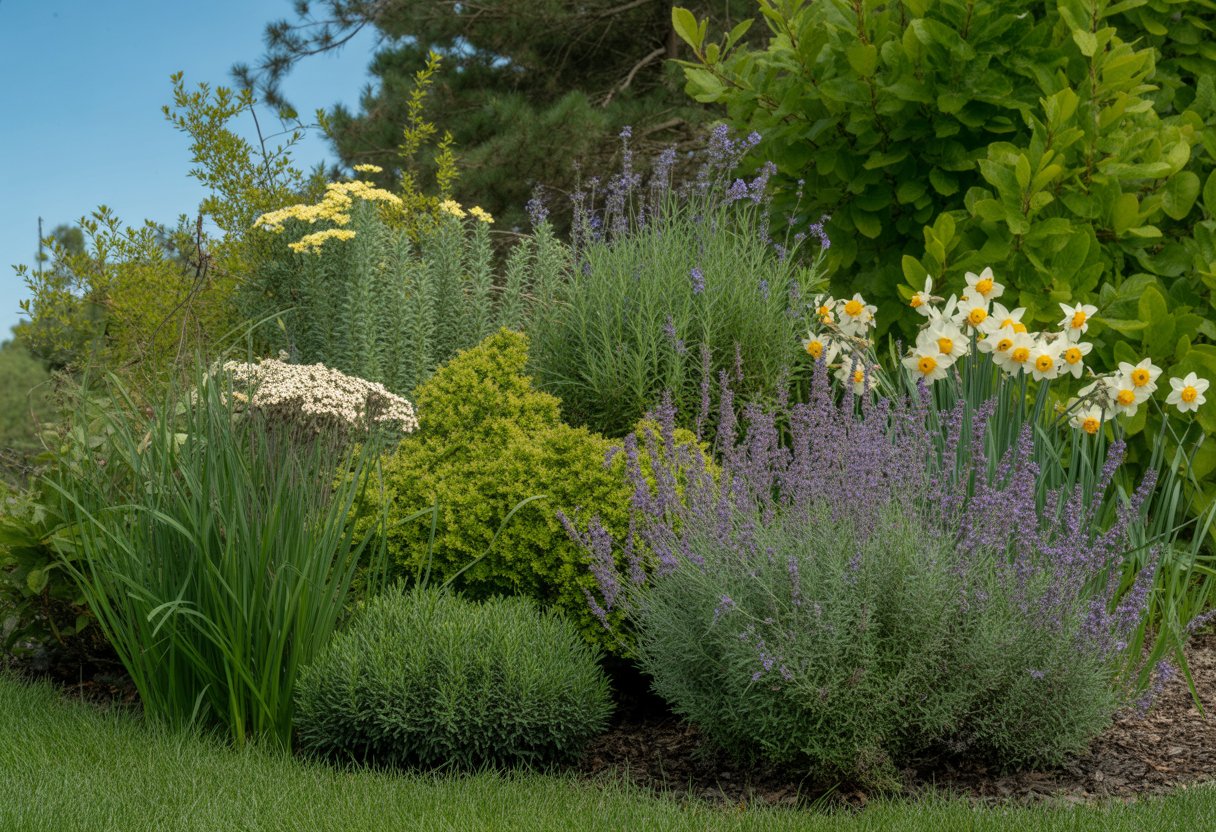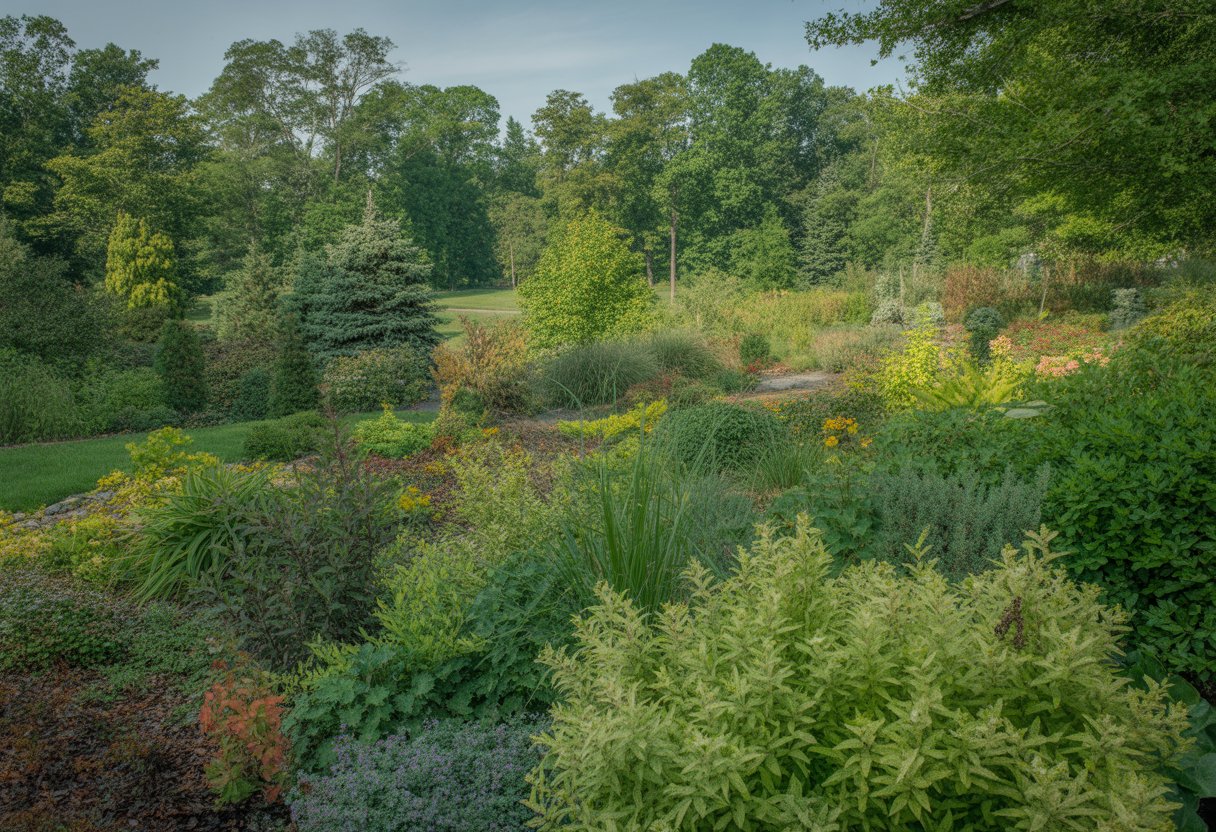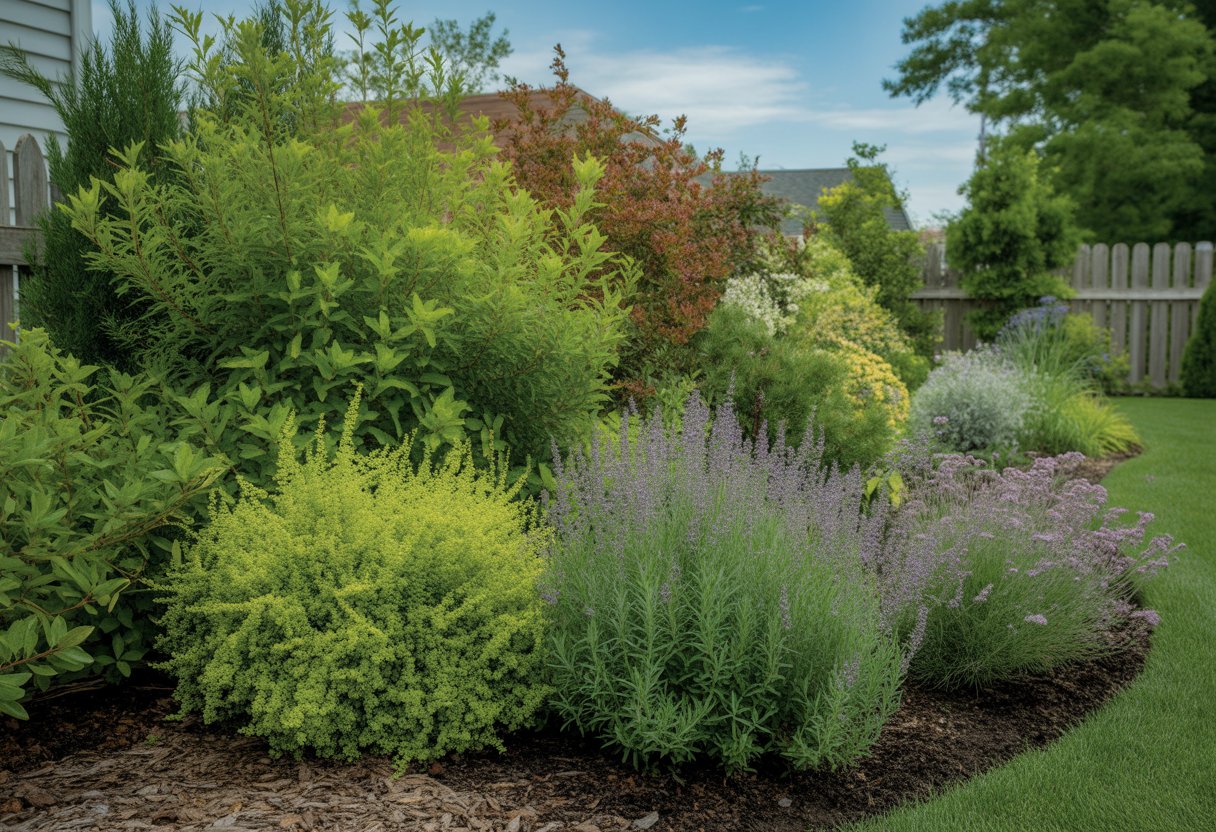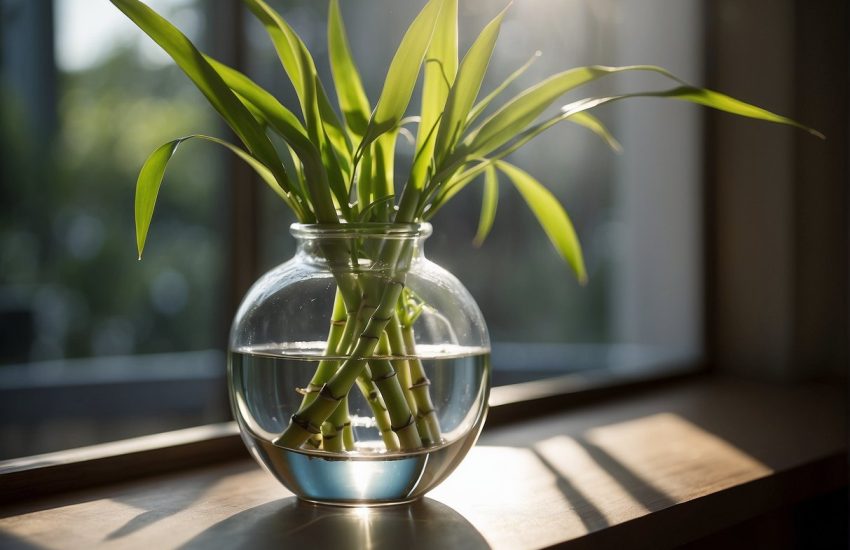Deer Resistant Plants for Michigan: Top Choices to Protect Your Garden
Last updated: February 11, 2026
Deer can really wreak havoc on gardens—especially in Michigan, where they’re everywhere. Picking plants that deer usually ignore is a smart way to protect your outdoor space without having to set up fences or constantly spray deterrents.
Some of the best deer resistant plants for Michigan include lavender, yarrow, and boxwood. Deer seem to dislike these for their texture, scent, or taste.

These plants help cut down on browsing and also handle Michigan’s climate and soil pretty well. By choosing resilient species, gardeners can keep their landscapes both attractive and functional.
Knowing which plants naturally turn deer away lets you garden in a way that’s a bit more hands-off. It’s a win for the garden and the local ecosystem.
Understanding Deer Resistance in Michigan
Deer resistance isn’t just luck—it comes down to plant traits and what local deer are in the mood for. If you use plants with certain features, you’ll see less damage in your Michigan garden.
Native species usually have some built-in defenses against the local deer population.
Factors Affecting Deer Preferences
Deer in Michigan pick plants based on taste, what’s around, and how nutritious things are. They usually go for tender, lush foliage, especially early in spring when the pickings are slim.
Mature plants with tougher or fibrous leaves aren’t as tempting. When winter hits, deer start eating bark and woody stems, so plants with thick bark or strong chemicals tend to do better.
Deer also seem to avoid plants with aromatic leaves—herbs, for example—because the smell just puts them off. If there are a lot of deer and not much food, though, they might eat stuff they’d normally leave alone.
So, knowing how many deer are around in your area can help you pick plants that really stand a chance.
Benefits of Choosing Deer Resistant Plants
When you pick deer-resistant plants, you’re less likely to wake up to a chewed-up garden. You won’t have to mess with chemical sprays or fences as much, which saves time and money.
A lot of native plants are already deer resistant, so you get the bonus of supporting local wildlife. These plants attract pollinators and can handle some nibbling way better than others.
They also keep your garden looking lively year-round, holding onto their leaves and blooms even if deer wander through. It’s kind of nice not having to constantly replant or patch things up.
Characteristics of Deer Resistant Species
Deer don’t like plants with strong smells, tough textures, or bitter flavors. Lavender, sage, and some mints have oils that deer just can’t stand.
Thorny or spiny plants keep deer at bay, too. Some plants have thick, leathery, or fuzzy leaves that are hard to chew.
Native wild indigo and mountain laurel are good examples—they have features that make deer think twice. Woody shrubs with strong scents or even a bit of toxicity can also help.
No plant is totally deer-proof, though. If deer get desperate, they’ll eat almost anything.
Mixing several resistant species and using some physical barriers can give you better results. Picking the right plants for your yard makes a big difference in Michigan.
Top Deer Resistant Perennials and Shrubs
Deer usually avoid plants with strong scents, rough textures, or bitter flavors. If you go with species that are already used to Michigan’s conditions, you’ll have better luck.
Best Perennials for Michigan Gardens
Perennials like bee balm, lavender, and threadleaf coreopsis are tough and don’t appeal to deer. Bee balm brings in pollinators and its fragrance keeps deer away.
Lavender’s scent and sturdy leaves make it a bad snack for deer, and it can handle Michigan winters. Threadleaf coreopsis has bright yellow flowers and a fine texture that deer don’t seem to like.
Low-growing perennials that hug the ground often get left alone, probably because their foliage is tougher or more aromatic. Bell flowers with stiff stems and small, tough leaves can also help keep deer out.
Deer Resistant Shrubs for Year-Round Interest
Some shrubs fend off deer with aromatic leaves, dense shapes, or bitter tastes. Boxwood is a classic—it stays green all year and deer usually pass it by.
Spirea has colorful blooms and leaves that deer rarely eat. Ninebark is a native shrub with peeling bark and leathery leaves that deer don’t care for.
For some winter color, inkberry holly keeps its leaves and has bright berries, and deer generally leave it alone. These shrubs give your garden structure and interest in every season.
Native Plants Suitable for Deterring Deer
Native plants usually handle Michigan’s weather and deer pressure better than imports. Native bee balm helps pollinators and keeps deer away with its scent.
Threadleaf coreopsis fits right into local landscapes and keeps deer at bay with its fine leaves. Wild columbine and new england aster are also solid choices—they resist deer and look like they belong in Michigan.
Mixing natives with other resistant species gives you layered protection and supports more wildlife. Less maintenance, more biodiversity—what’s not to like?
Trees and Landscape Solutions for Deer Control

The right trees can help keep deer from munching on your garden while making the landscape look great. Picking certain species and thinking about where you plant them really matters.
Deer Resistant Trees Adapted to Michigan
If you want trees that deer won’t destroy, look for ones with tough, aromatic, or just plain unappetizing foliage. Eastern red cedar (Juniperus virginiana) is a good bet—its needle-like foliage doesn’t draw deer in.
American holly (Ilex opaca) has spiny leaves and bright berries, which deer generally skip. For deciduous options, paper birch (Betula papyrifera) and yellowwood (Cladrastis kentukea) don’t seem to be deer favorites.
Going with native species means they’ll handle Michigan’s climate and help local wildlife. Try not to plant things like red maples or young oaks by themselves—deer love fresh growth, especially in winter.
Incorporating Trees Into Your Planting Design
If you group deer-resistant trees together, you can create a natural barrier that slows deer down. Surrounding more vulnerable plants with these trees adds another layer of defense.
Mixing up textures and scents confuses deer, so try pairing pine species with natives like serviceberry (Amelanchier spp.). Consider the height and spread, too—tall, dense evergreens along the edges can block deer from spotting what’s inside.
Keep up with maintenance. Prune carefully so you don’t end up with tender new shoots that deer love.
Using deer-resistant groundcovers as mulch under trees helps keep deer from digging around and eating roots.
Planting Tips and Maintenance Strategies

Where and how you plant sets the stage for success. Good care keeps your plants healthy and less interesting to deer.
Site Selection and Planting Techniques
Pick a spot with well-drained soil and plenty of sunlight—most deer-resistant plants in Michigan like that. Aromatic plants like lavender and sage do best in sunny, dry places where their scent can really work its magic.
Plant in groups to boost the aroma and make the deterrent effect stronger. If your soil doesn’t drain well, try raised beds or mounds.
Don’t cram plants together; crowded plants get stressed and become easier targets for deer. Avoid putting your garden right next to forest edges or deer trails.
Open areas with good visibility can make deer think twice before coming close. Plant in early spring or fall so roots can settle in before weather gets rough or deer get extra hungry.
Ongoing Maintenance for Deer Resistance
Regular watering and mulching keep plants healthy and less stressed. Mulch holds moisture and blocks weeds from stealing nutrients.
Prune your plants often to boost healthy growth and get those aromatic leaves going. Cut away any dead or damaged bits right away—disease and weakness love to sneak in otherwise.
Try repellents or physical barriers if deer just won’t quit, but don’t stick to the same trick for too long. Deer catch on fast, so swap out your methods now and then.
Check your plants often for nibbled leaves or broken stems. If you spot damage, jump in and fix it before things get worse.
Fertilize, but don’t overdo it—especially with nitrogen. Too much can actually make your plants tastier to deer, which is the last thing you want.


![6 Most Common Problems With Altoz TRX Mower: [Helpful Tips] - PlantNative.org Altoz TRX Problems](https://plantnative.org/wp-content/uploads/2023/12/Altoz-TRX-Problems.png)